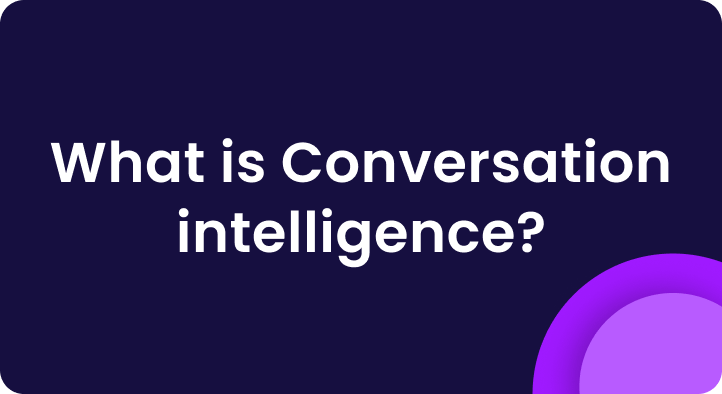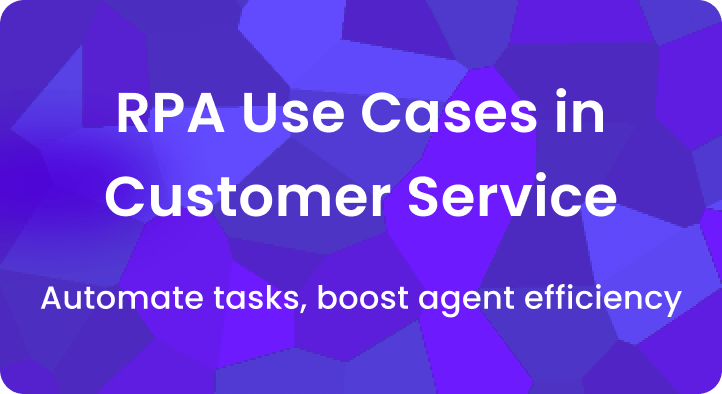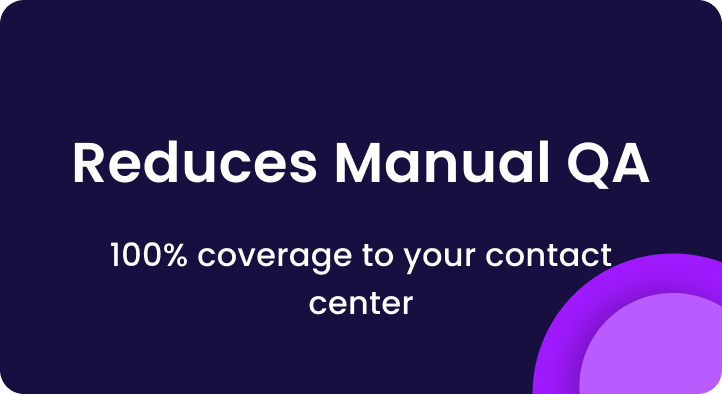A Practical Guide for Contact Center and QA Professionals
Artificial Intelligence (AI) is reshaping how contact centers operate, from automating call analysis to scoring agent performance. For professionals in quality assurance, operations, or customer support, it’s fair to ask: Will AI eventually replace my job?
This guide breaks down the impact of AI on your role, what to expect, and how to stay ahead. Each section answers real questions professionals like you are asking.
What kinds of jobs are at risk from AI?
AI is best at automating routine, rule-based tasks that follow clear patterns. In contact centers, this includes:
- Call summarization
- Speech-to-text transcription
- Script adherence tracking
- Sentiment and keyword detection
- Basic customer queries (via chatbots or IVRs)
These tasks, once done manually, are now performed faster and more consistently by AI.
However, roles that require judgment, empathy, coaching, or strategic thinking remain difficult to automate. These include:
- Supervising or training agents
- Investigating customer complaints
- Designing call workflows
- Making process improvements based on insights
The takeaway: AI replaces tasks, not entire roles, especially those involving human decision-making.
How is AI already being used in QA?
In QA teams, AI is transforming workflows in three major ways:
1. Full call coverage: Traditional QA teams sample 1–3% of calls manually. With AI, you can review 100% of interactions across voice, chat, and email channels, automatically.
2. Automated scoring: AI tools evaluate calls using predefined criteria (e.g., did the agent verify identity? Did they offer a solution?). This speeds up evaluations and reduces subjectivity.
3. Faster feedback loops: AI identifies coaching moments almost in real time. Managers can act faster, improving agent performance and compliance.
While this reduces the need for manual evaluation, it increases demand for QA professionals who interpret results, refine scoring logic, and coach based on AI outputs.
Will AI reduce hiring in QA and support teams?
In some areas, yes – especially for entry-level or task-heavy roles. For example:
- A QA analyst who only logs errors might be replaced by an automated QA system.
- A support rep who only answers basic FAQs might be replaced by a chatbot.
But AI also opens new career paths. Teams will need:
- AI-literate QA specialists who understand how to work with automation tools
- Conversation analysts who extract insights from AI-generated data
- Workforce managers who design smarter, AI-integrated processes
The job descriptions are changing, not disappearing.
What skills will remain valuable?
To stay relevant in an AI-driven workplace, focus on three categories of skills:
1. Human skills (soft skills)
- Empathy, listening, and rapport-building
- Coaching and feedback
- Conflict resolution
- Leadership and team development
These are difficult for machines to replicate, and central to customer experience.
2. Analytical skills
- Interpreting AI reports and dashboards
- Spotting trends and anomalies
- Making data-driven decisions
- Translating insights into action plans
AI can flag problems, but humans still need to determine what to do next.
3. AI literacy (tech-enabled thinking)
- Understanding how AI tools work (even at a basic level)
- Knowing what AI can and can’t do
- Using AI to automate parts of your workflow
- Asking the right questions of AI tools
You don’t need to become a developer. You just need to be a smart user of AI.
What if I don’t have a technical background?
That’s okay. Many AI tools are built for non-technical users. In fact, most AI used in contact centers, like Enthu.AI or similar platforms, are plug-and-play. You select criteria, define scoring rules, and let the system do the work.
What matters more than technical skill is your willingness to learn and adapt.
If you’re open to testing tools, attending workshops, or joining pilots, you’ll quickly gain the confidence to work with AI, without writing a single line of code.
Should I be worried about AI replacing junior roles?
Yes, but there’s a flip side.
AI can now do what many entry-level roles were created to handle. That means companies may hire fewer people for low-skill tasks.
However, this shift creates space for new types of roles, like:
- QA automation coordinators
- Agent performance analysts
- CX strategy assistants
- AI feedback loop managers
Entry-level professionals who learn to work alongside AI will find themselves moving up faster, because they’re seen as adaptable and forward-thinking.
What can I do now to prepare?
Here’s a simple 4-step roadmap to future-proof your career:
1. Understand how AI is used in your field
Look into how your team is (or isn’t) using AI. Read up on trends. Ask vendors for demos.
2. Test the tools hands-on
Try free trials or sandbox versions of tools like Enthu.AI, Observe.AI, or Balto. Even 20 minutes of play can boost your understanding.
3. Upskill strategically
Take short courses in data interpretation, prompt writing, or quality analytics. Learn what skills are trending in your space.
Document and share what you learn
Start a team knowledge base or process playbook. The more you lead, the more visible and valuable you become.



